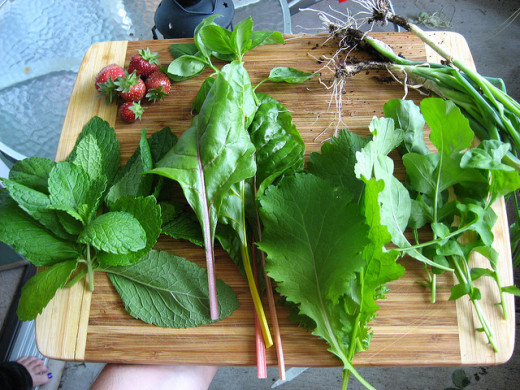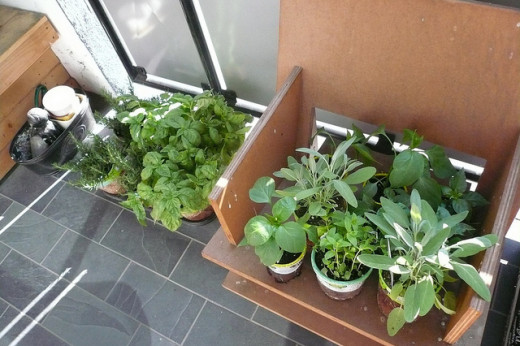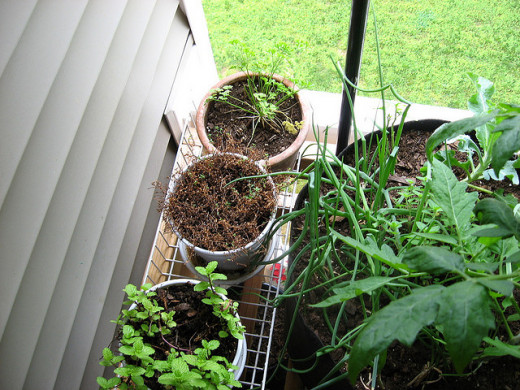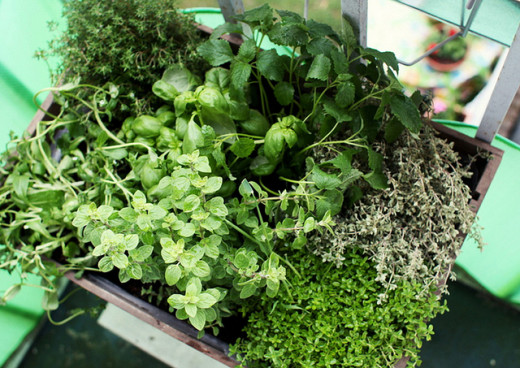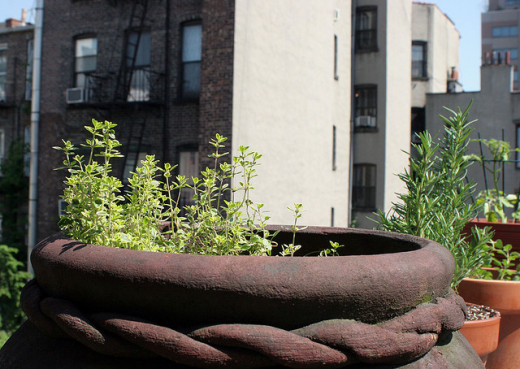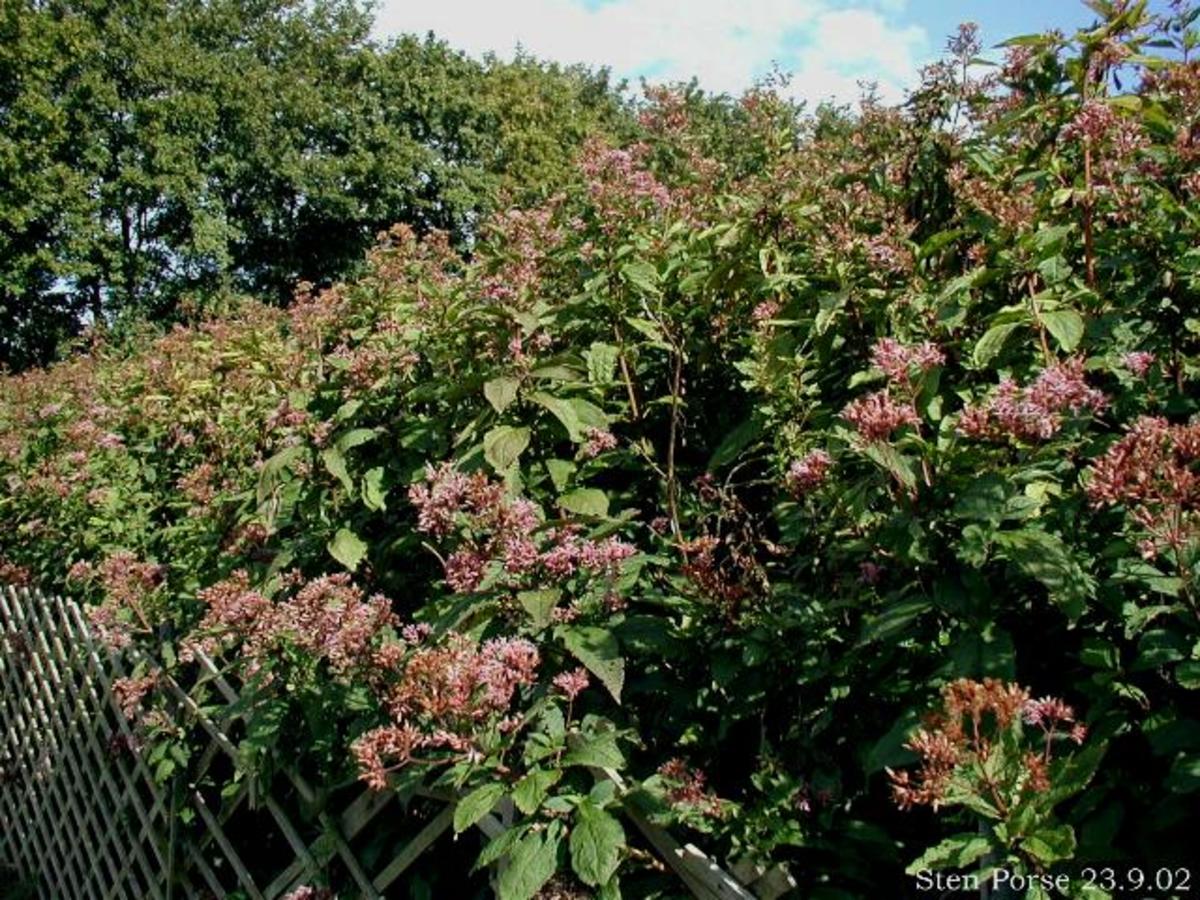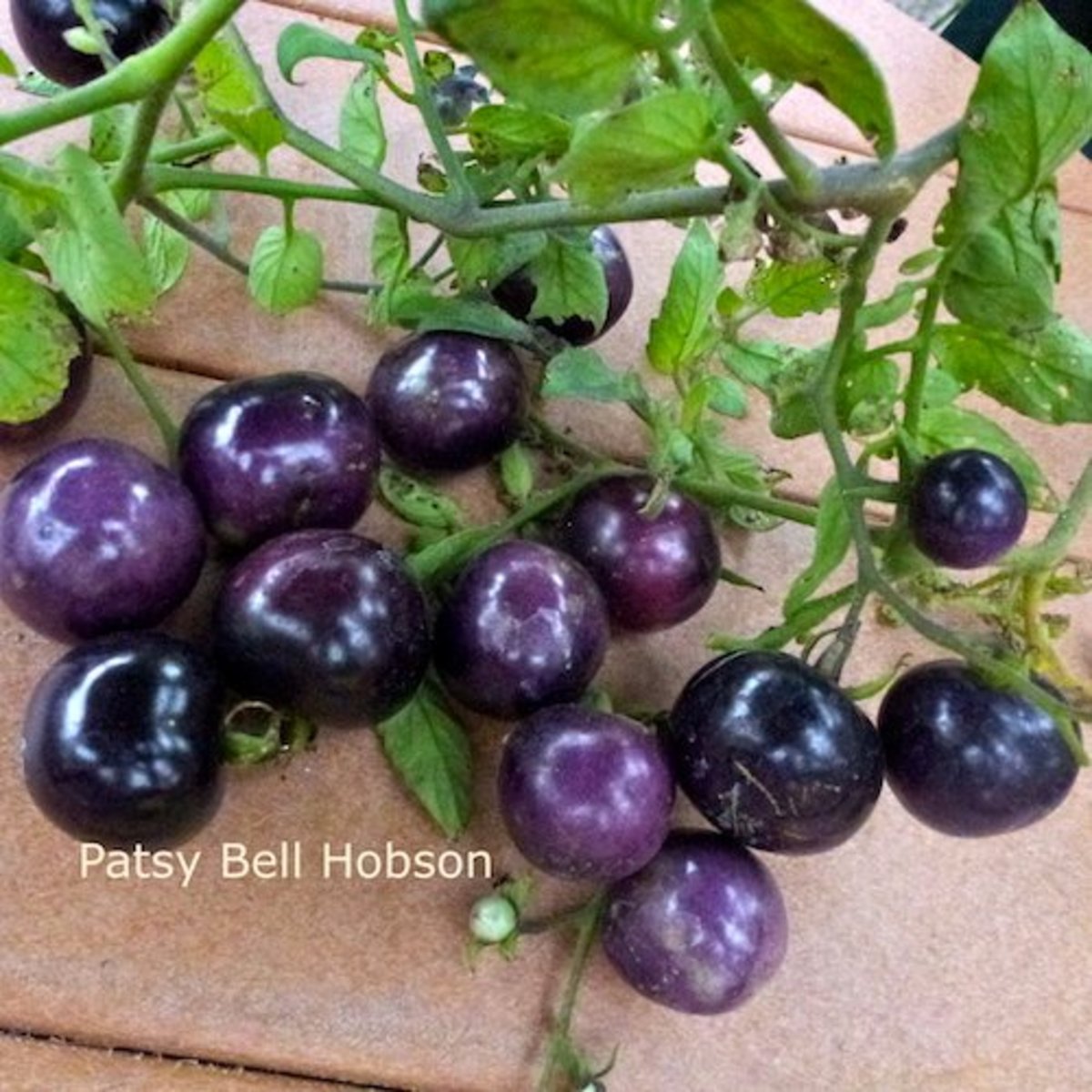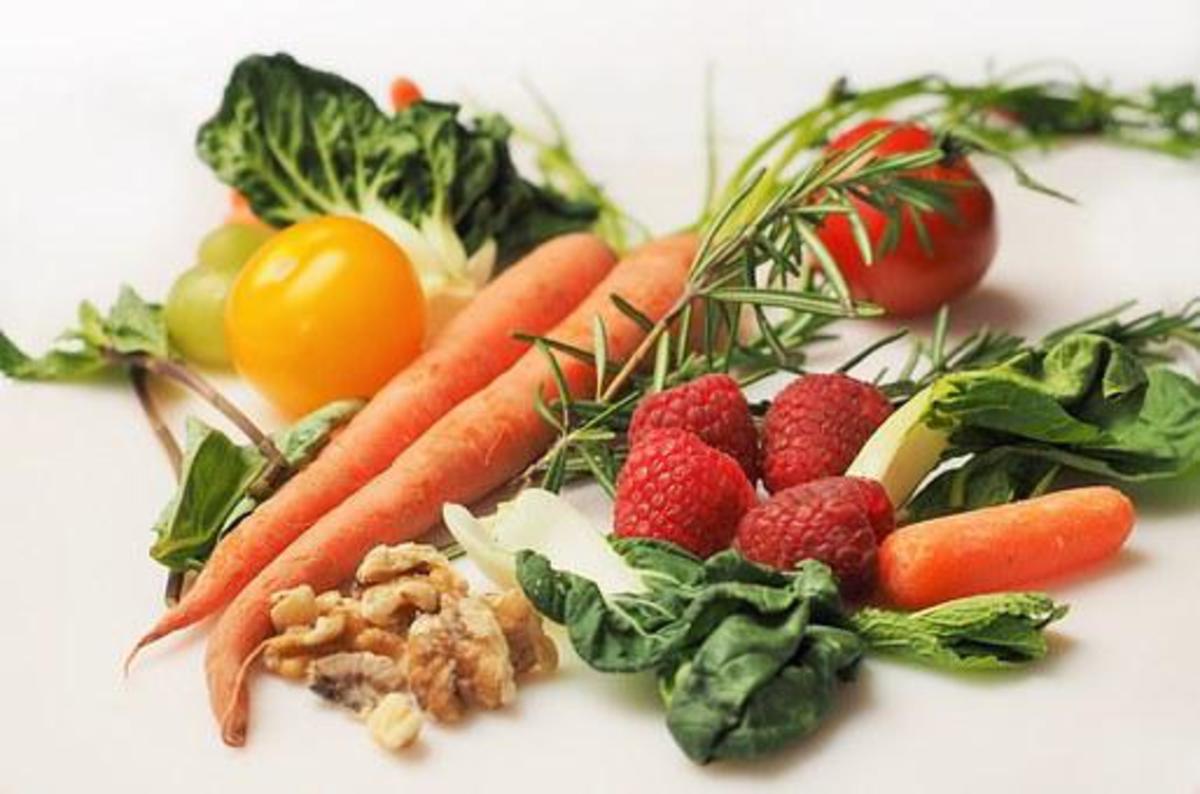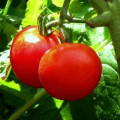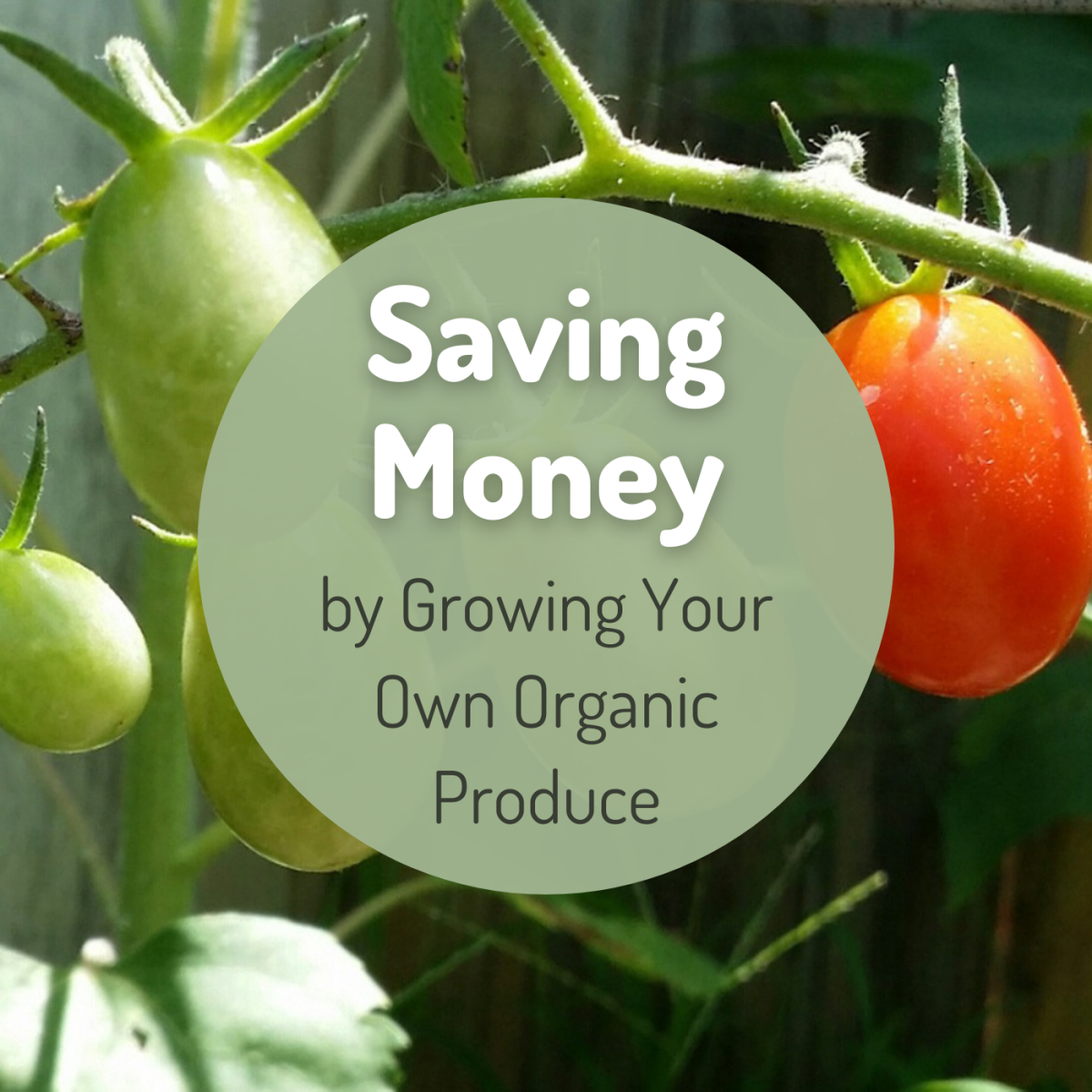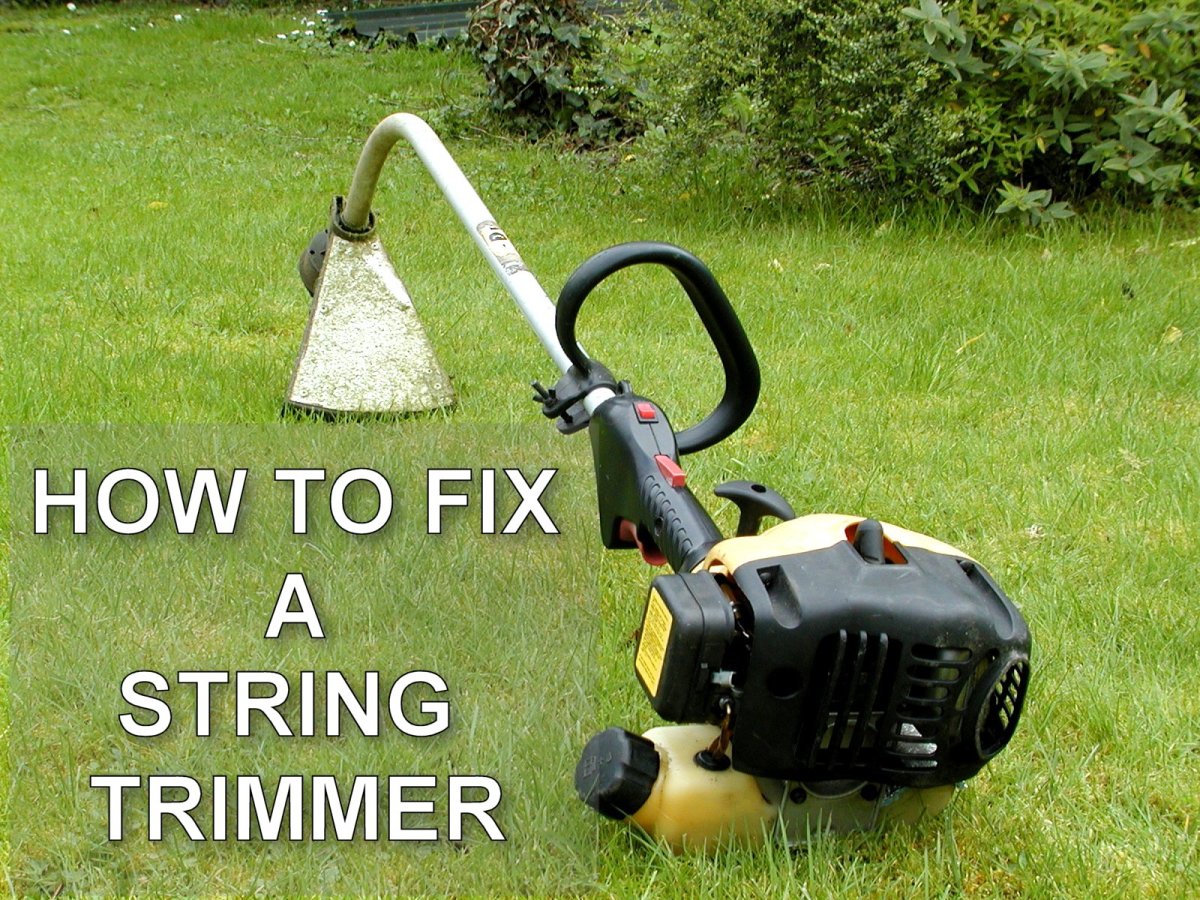Big Savings from Small Gardens.
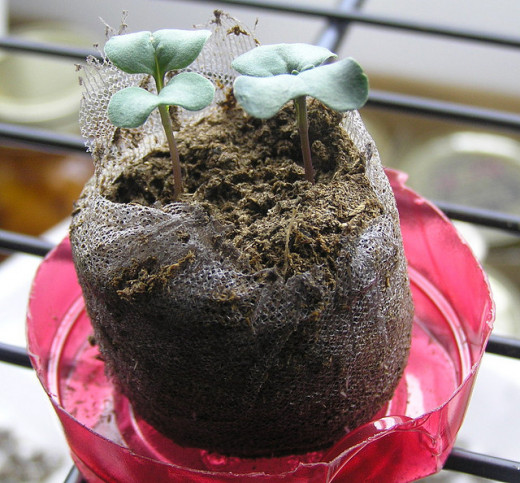
Planning your garden is an important as planting it. Especially if you're trying to save money on your grocery bill. By focusing on herbs and greens, you can grow an easy garden that saves you money and provides nutritious food to increase your quality of life.
Picking garden plants is a challenge, especially if you're really trying to cut back on your grocery bill and maximize household savings.
Common Pitfalls - Tomatoes and Squash
Traditional fruiting plants like tomatoes and squashes are very resource-intensive. If you're dealing with a large outdoor plot of arable land, your plants will grow just fine and you'll be consistently granted great yields. You'll save money, because most of the resources (soil, water, fertilizer) are already in place, and because you purchase additional resources in bulk.
For urban gardeners with scarce gardenresources, fruiting plants are more burden than bargain. They require significant amounts of space, good soil (not the stubborn clay outside your townhome) and lots of sunlight.You could tend your beloved tomato plant for an entire season, faithfully watering, pruning and trimming. In the end, you'll have tomatoes.
If you do a good job, you'll have lots of tomatoes, more than you could ever eat. If you do an okay job, you'll have enough tomatoes to show off at brunch. If you do a poor job, you'll have a tomato plant - enough to claim garden creds, but not good for much else.
How to Maximize Savings
The key to maximizing garden cost-savings is to decrease both garden costs and your grocery bill.
- To decrease garden costs, you need plants that grow easily and quickly, preferably from seed, since seed is much cheaper than transplants.
- To decrease your grocery bill, you need plants that substitute for foods you usually purchase. It's not as simple as substituting store lettuce for backyard lettuce; sometimes the substitutions are non-intuitive. You can swap rice or noodles for cruciferous greens (cabbage leaves, brussel sprout leaves, broccoli leaves) if you're just using them as a base for Chinese food leftovers or other savory toppings. You can also trade homemade kale chips or cabbage chips for potato chips.
For most urban gardeners tending plants on their balconies, patios or small urban plots, herbs and greens deliver the best bang for your buck, as well as the highest and most consistent grocery store savings.
Herbs and greens grow easily and provide yields throughout the growing season. They take up very little space, so you can plant lots of them.





Herbs
Herbs are weeds, so they grow under almost any conditions.
The more you pick them, the more they grow, so you're almost guaranteed a consistent supply of flavorings for your home-cooked meals.
They're also beautiful and aromatic.
Brushing against your lavender bush releases a burst of fragrance that can soothe your nerves and create a feeling of relaxation.
It's also great for flavoring vodka.
Greens
I talked a lot about greens in Growing MicroGreens - an Inexpensive Way to Add Garden Variety.
The best thing about microgreens is that you can buy hundreds of seeds for the cost of one head of organic lettuce. You can eat the seeds as sprouts, let them grow into microgreens, or let them grow into full-fledged plants. They're tasty, delicious and nutritious no matter when you decide to harvest them.
Don't Buy These
Easy Substitutions that Help You Save Money
Growing herbs and greens isn't enough to cut your grocery bill. Substituting homegrown foods for store-bought ones is the most important part of the plan.
Here are a few simple swaps that can make a big difference in your grocery bill bottom line.
- Stop buying tea-bags. Purchase a tea ball or cone, buy a big box of loose tea and a smaller tin for ease of use. Make your own tea blend by mixing the bulk tea with mint, sage, rosemary, lavender, verbena and other herbs from your garden. If you're a tea drinker, your tea ball will pay for itself in no time.
- Stop buying cheap carbs like rice and noodles. Rice and noodles are great, cheap fillers, but they can make you fat. It's a disputable fact, but I believe it wholeheartedly. Greens from your backyard are a more nutritious, less-fattening base for hearty toppings like stews, and meat in sauces. For a light touch, try raw salad greens (lettuces, spinach and young chard). For a more filling meal, try cooked cruciferous greens (cabbages, broccoli leaves and mature chard). Your waistline and your pocketbook will thank you.
- Stop buying lettuce and greens. If you usually buy high-end produce, you'll reap these savings immediately. If you're used to the grocery store standard, this can be a difficult savings to see. Standard store-bought lettuce seems cheap, and not worth giving up. But what you're subbing in is much higher quality produce. Your backyard greens are probably organic and definitely local. They're also probably more expensive varieties offered only in gourmet shops, not your local grocery. Even if you don't see funds flooding into your bank account, rest assured that you're getting a bargain and you're better off overall.
- Stop buying expensive bath and aromatherapy products. Fresh herbs and lots of them are the key ingredient in most high-end aromatherapy products. A sprig of lavender is as soothing as an expensive lavender oil balm. A dash of mint is as invigorating as a high-end mint body wash. Save money buy buying cheaper, less heavily-scented products. Rub a couple of herbs between your fingers for an aromatherapy fix. You don't need to brew your own bath products, or infuse your own essential oils. Just rely more on your garden than on artificial or expensive scents, and your savings will add up fast.
An Herb Garden Makes this Easy
Slightly Harder Substitutions
As you get used to growing more and spending less, these substitutions will make a big difference in your household expenses.
- Flavor your own spaghetti sauce. Jars of spaghetti sauce are really expensive, and contain the same base ingredients as cheap cans of sauce. Jarred sauces just contain a variety of additional ingredients: cheeses, meats, vegetables, herbs, etc. To make a great low-cost sauce, just throw a handful of sage or other herbs into a bowl of sauce and either microwave or simmer it. The heat infuses the sauce with flavor, and you can easily fish out the herbs before using the sauce.
- Make your own herbal rubs/salts. Salts infused with herbs are a delicious addition to roasted meats, and make a great dry rub for all sorts of tasty dishes. But they're quite expensive for sea salt mixed with fresh herbs - no matter how pretty the jar. To save money, make your own herbalicious salt rubs.

